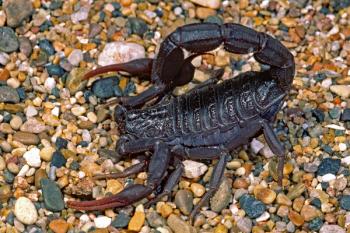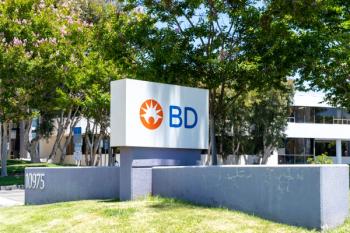
LCGC Europe eNews
- LCGC Europe eNews-11-07-2008
- Volume 0
- Issue 0
Collaboration on environmental training programme for LC–MS system
Operators of the Agilent 6410 triple quadrupole liquid chromatography–mass spectrometer (LC–MS) system look set to benefit from a collaboration between the National Laboratory Service (NLS) and Agilent Technologies. The two will collaborate to launch an environmental training programme...
Operators of the Agilent 6410 triple quadrupole liquid chromatography–mass spectrometer (LC–MS) system look set to benefit from a collaboration between the National Laboratory Service (NLS) and Agilent Technologies. The two will collaborate to launch an environmental training programme.
The three-day training session will be held at the NLS Centre for Analytical Research and Development in Llanelli, South Wales, UK. It will focus on specific environmental analyses for flame retardants, basic and neutral herbicides, and perfluorinated chemicals and pharmaceuticals in water, in accordance with EU monitoring requirements. It will also feature practical sessions on instruments in the NLS laboratory, as well as comprehensive training in small groups.
"Our ambitions to deliver market-leading environmental analytical products and services have been greatly enhanced through this collaboration," said Ian Rippin, NLS commercial director. "We look forward to working with Agilent to develop further solutions that will broaden our appeal to a wider range of customers."
"We are very pleased to be working with the NLS," said Paul Stephens, MSc, CSci, CChem, MRSC, environmental specialist for Agilent's Life Sciences and Chemical Analysis unit. "This collaboration is fuelled by their expertise in the field of environmental analysis and the application of mass spectrometry to very demanding analytical challenges, and we value it highly."
The training programme is offered in English and is scheduled for 25–27 November 2008, and 20–22 January 2009. Additional 2009 dates have not yet been announced. To register for the programme, go to
Articles in this issue
over 17 years ago
New European headquarters concludes golden celebrationsNewsletter
Join the global community of analytical scientists who trust LCGC for insights on the latest techniques, trends, and expert solutions in chromatography.




